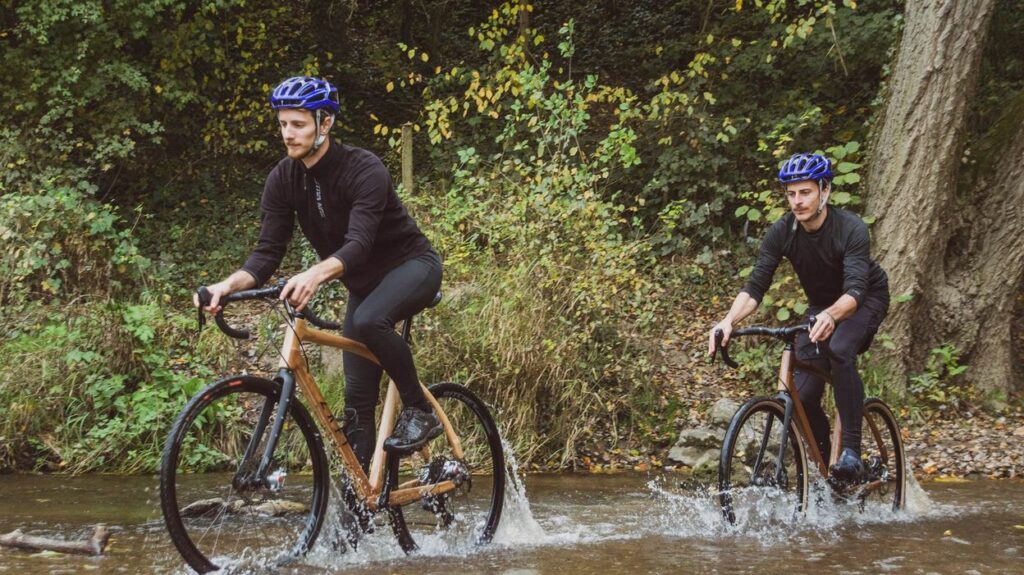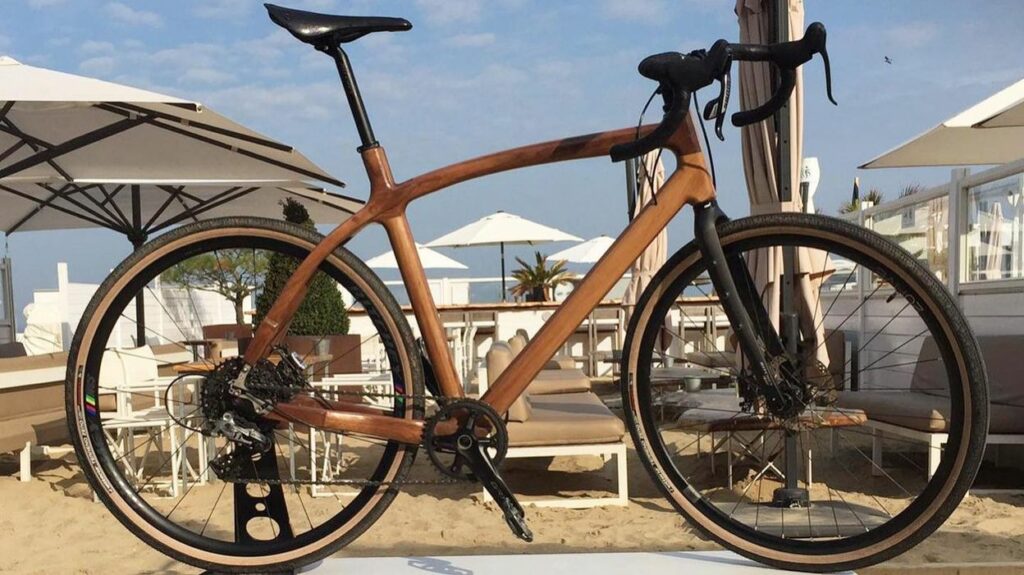The popularity of travelling by bicycle is on the increase and as a result, more and more people are looking to invest in a new bike. Brussels residents with an interest in innovative and original designs may be pleased to discover that a number of locally-produced and unusual models are now on the market.
Take Oto, for instance. The brainchild of former doctor Raphaël Panier, Oto is an extremely light, foldable bike which is almost 100% created through 3-D printing. An Oto will cost you less than €1000 and Panier hopes to be able to print two bikes a week to meet the increasing demand. The project is for everyone, but Panier says that he is particularly aiming his lightweight bike at the female audience in a bid to encourage more physical activity among women.
Elsewhere, Zafi Cycles – a young start-up run by three Brussels entrepreneurs, is making waves with its wooden bikes. Offering frames either in walnut or ash sourced from the Sonian forest, these unique models will appeal to cycling and sustainable development enthusiasts who have a little extra to spend on their chosen form of transport.

Credit: Facebook / Zafi Cycles
If you are looking for a naturally-produced frame, then you could look no further than the Cycad, a bike made 100% from bamboo. Designed and built by Brussels entrepreneur Perrine Collin and her husband Nars Gumangan. The Cycad models are currently not for sale but available through a leasing scheme which the couple has set up to promote soft mobility in the capital.
Related News
- Schaerbeek to introduce cycle paths and green spaces in large redevelopment
- Teachers sent to the back of the queue for cycle mileage allowances
The leasing deal includes full assistance, maintenance and troubleshooting. Prices are different depending on whether you do more or less than 250km per month. Above 250km per month, you pay €100. Below that, you pay €125.
Bamboo is an invasive plant in Belgium and many Brussels residents are trying to get rid of it, but Collin and Gumangan are putting it to good use. In addition to being recyclable, the bamboo bike is more resistant to shocks and absorbs vibrations better than aluminium or carbon fibre. In addition, it is UV and water-resistant.
It takes three days of work to create the frame but a further three weeks to allow the bamboo to dry. At the end of the process, you have a bike which weighs around 22kg. The front wheel is smaller to better absorb shocks and the bike comes equipped with an electric motor and a battery, as well as a small basket to put your groceries.

